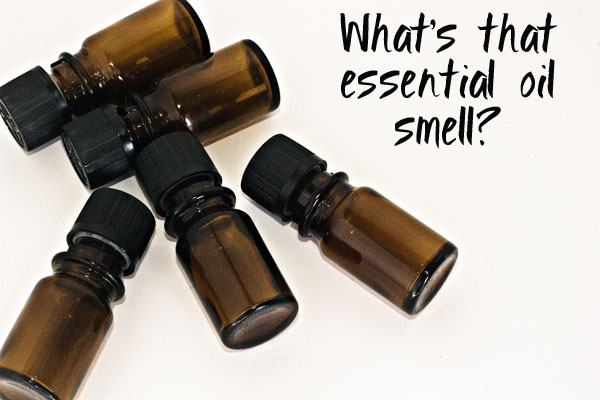 One of the first things people notice about essential oils is the amazing way they smell. I can pull the top off a bottle of peppermint and from across the room people will look around to track down that amazing scent. Many research studies have been done on how aroma can affect mood and emotions, as aromatherapy is one of the most common uses for essential oils.
One of the first things people notice about essential oils is the amazing way they smell. I can pull the top off a bottle of peppermint and from across the room people will look around to track down that amazing scent. Many research studies have been done on how aroma can affect mood and emotions, as aromatherapy is one of the most common uses for essential oils.
The body’s smell receptors, which are located on the upper part of the nasal cavity, are connected to the part of the brain that controls emotions. Many people notice this when a certain smell brings back memories or reminds them of a person, place or event. The aroma of essential oils then can booth influence mood and bring back memories that are attached to strong emotions. New research has also shown that, in addition to being connected to the emotional part of our brain, the smell receptors can also affect the hypothalamus and pituitary gland, which are responsible for controlling hormones that control a variety of regulatory processes, including hunger signals, sleep cycles, memory and others. Because of this link between smell and the brain, aroma can influence your brain’s chemistry and therefore affect your mood and emotions in a powerful way.
One of the best ways to experience the powerful aromatic properties of essential oils is through the use of a diffuser. Cold air diffusers do not heat the essential oils, which can alter their delicate chemistry, but rather break the oil into tiny particles that can spread through the air. If a diffuser is not available, place a few drops of the essential oil into your cupped hands and breathe deeply. The more consistently essential oils are used aromatically, the more they will positively influence mood and emotions.
Here are some suggestions for oils that can help regulate moods and emotions:
- Feelings of anxiousness- lavender, orange, lemon, reassuring blend (Peace), calming blend (Serenity), encouraging blend (Motivate), joyful blend (Elevation), grounding blend (Balance)
- Mood swings- clary sage, calming blend (Serenity), lavender, grounding blend (Balance)
- Stress- lavender, rosemary, lemon, bergamot, ylang ylang, grapefruit, joyful blend (Elevation), calming blend (Serenity), focus blend (InTune)
- Feelings of sadness- lemon, frankincense, lavender, bergamot, encouraging blend (Motivate), uplifting blend (Cheer), focus blend (InTune), comforting blend (Console), joyful blend (Elevation), grounding blend (Balance)
Click on any of the oils listed above to learn more about them.
Do you have questions or comments about this blog? Would you like to find out more about purchasing essential oils for yourself? Click here or complete the form on the right side of this page and I’d be happy to help you!
*These claims have not be evaluated by the FDA. These products are not intended to diagnose, treat, cure or prevent any disease. If you have serious health concerns, consult a doctor- and bring your oils with you! You never know which doctors will be willing to help you take a more natural approach to health care!
Source:
Hill, D. K. The power of aroma. Living Magazine, Fall 2015; 20-21.
Oil recommendations from the Modern Essentials book.



